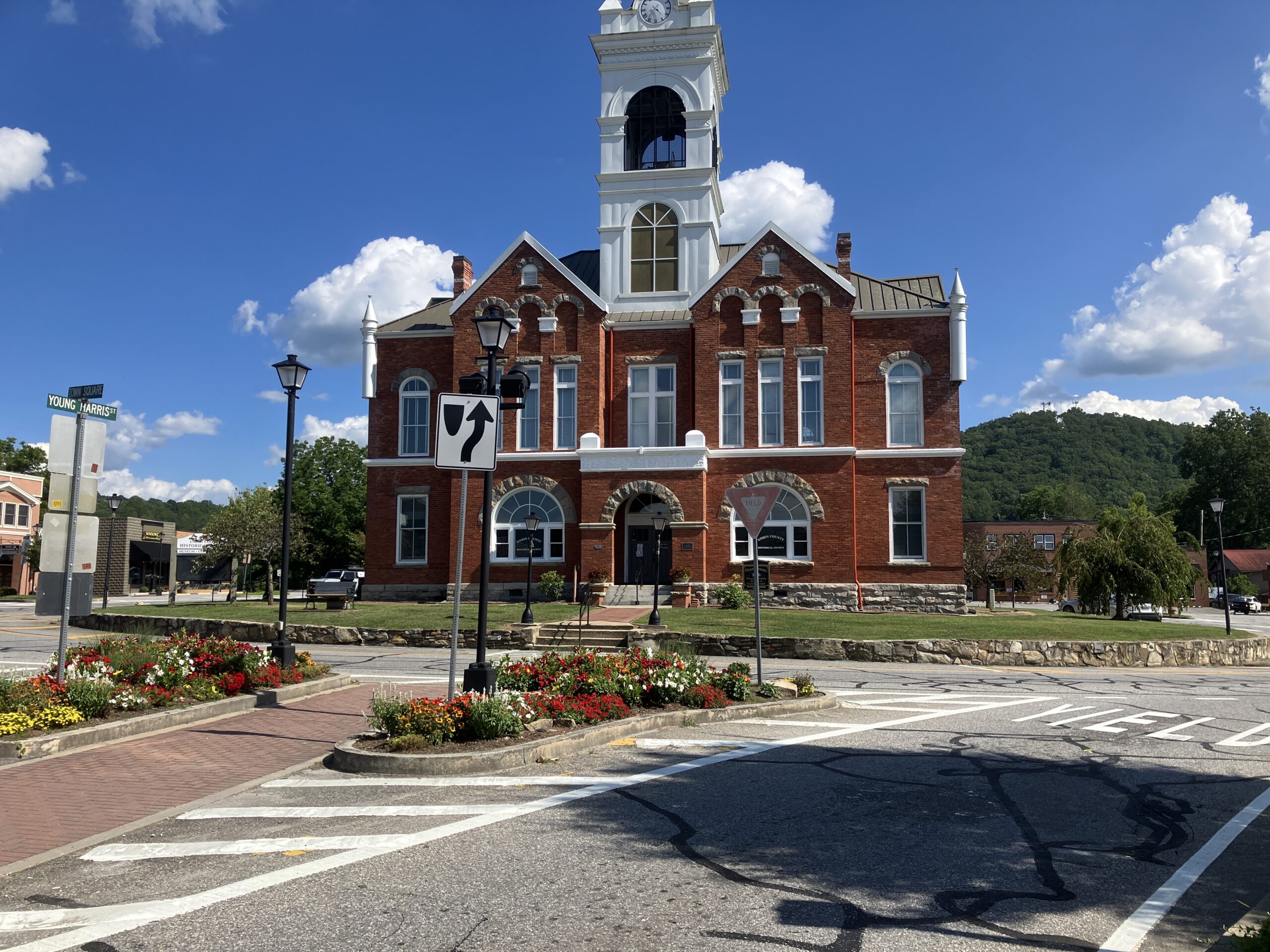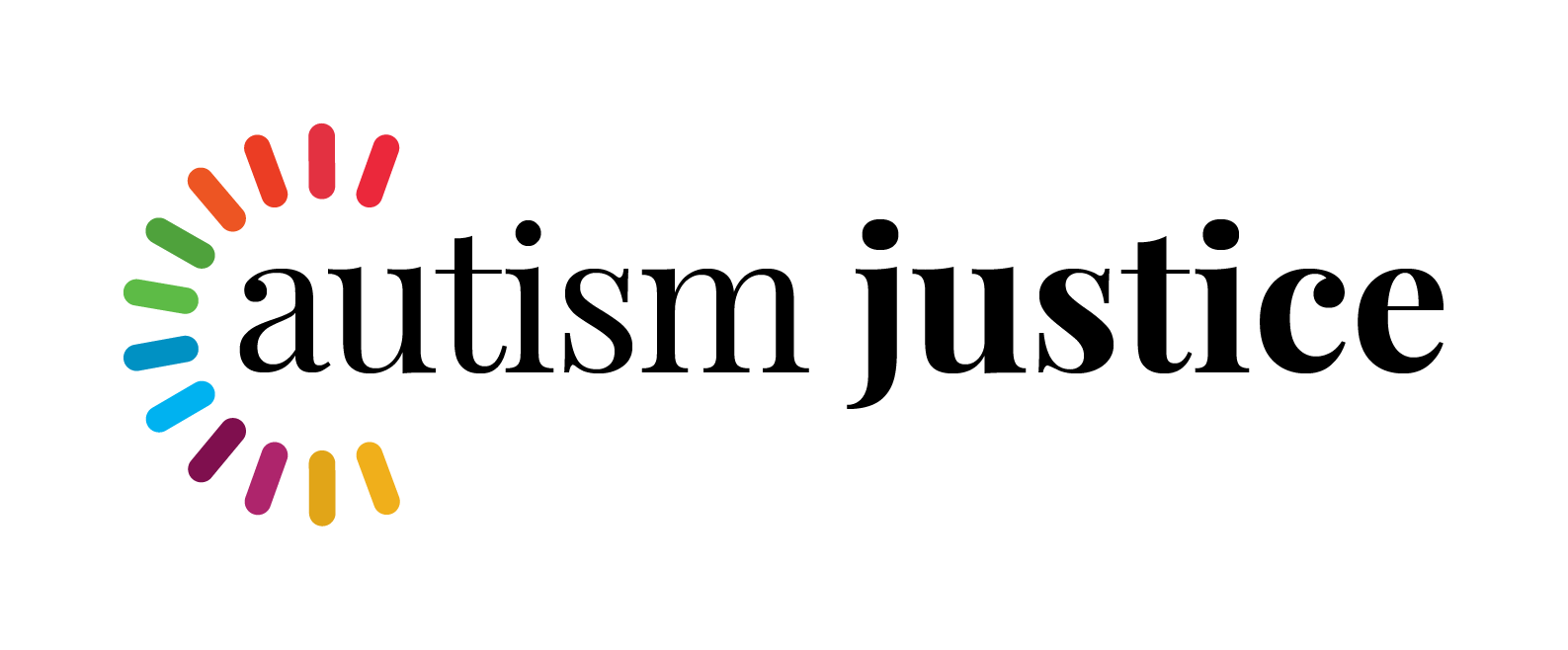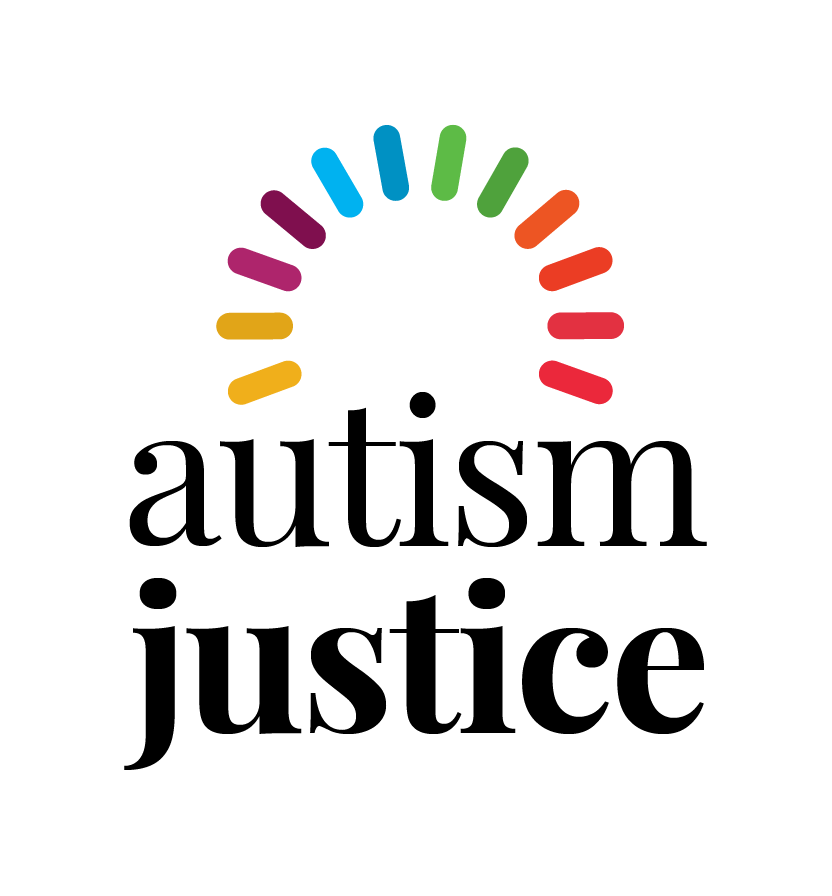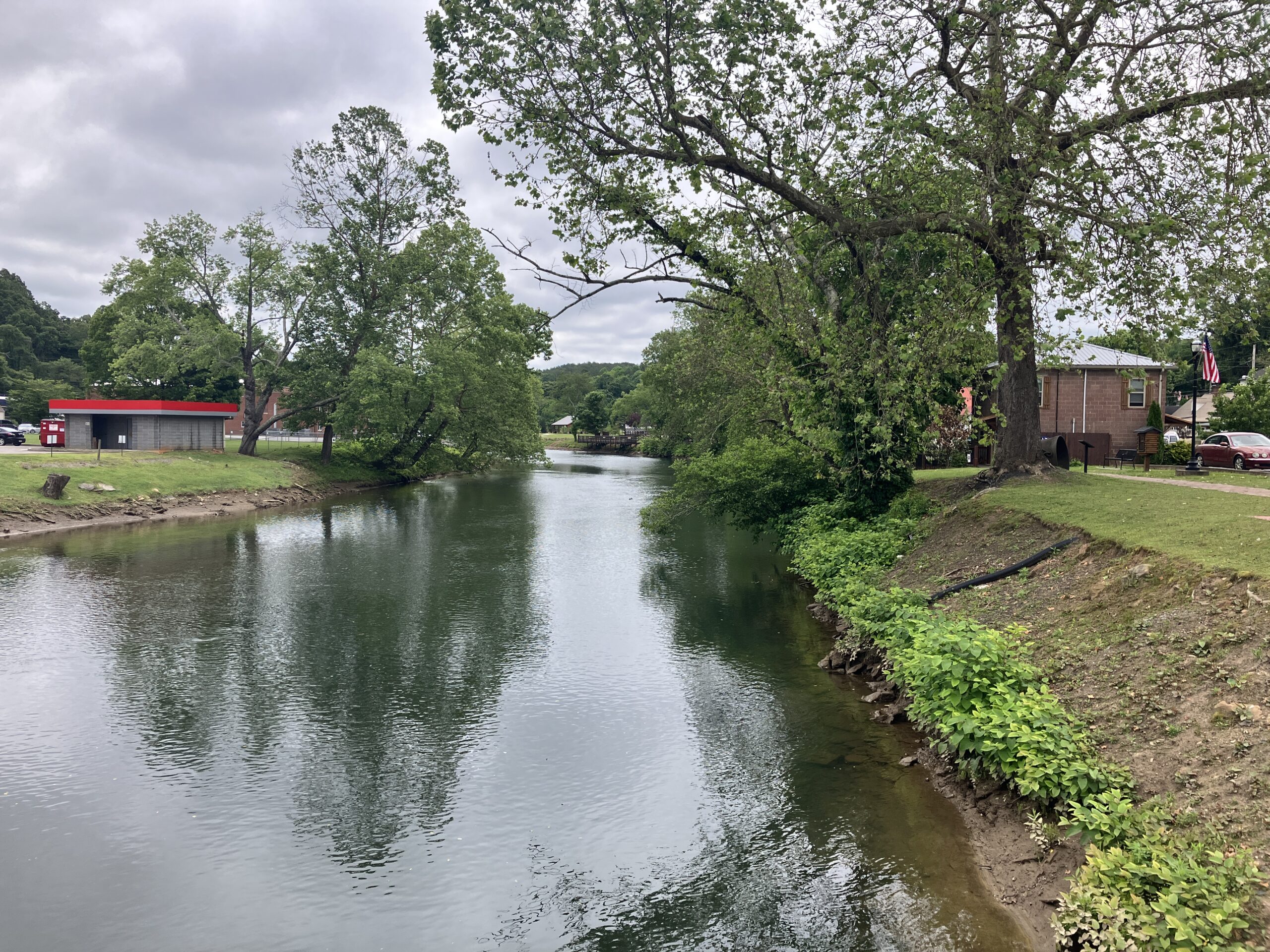WHAT IS MEDICAID?

WHAT IS MEDICAID PLANNING?
Medicaid Planning is the process of positioning your income and assets so that you legally qualify for Medicaid, while preserving your dignity and quality of life. Even the most generous Medicaid class of assistance (nursing home care) only pays for food, shelter and medical care. That means that anything else that makes life worth living has to be paid for some other way. If you hire us to help you plan for Medicaid eligibility, our goal will be to protect your dignity and to protect your loved ones as we navigate the Medicaid eligibility maze together. We know that if you get sick, you still want your spouse cared for, and you still want your dependents to have peace of mind. We will help you plan to protect you and your family to the fullest extent permitted under the law.
Presentation on Medicare vs. Medicaid (requires Flash Player to view)
If you are over the age of 65 (or if someone you love is), then there is about a fifty percent (50%) chance that long term care will be necessary prior to death. That means planning is important. Nursing home care is a fact of life that will likely impact every American either directly or indirectly. In addition to the personal issues such as displacement and the loss of independence, the stark reality of potential financial ruin looms large when facing an ongoing $8,000.00 to $10,000 per month bill for an average of 30 months.
Affording the high cost of long term care has plagued American families for decades. Spouses would divorce, assets would be plundered to nothing until finally the government would step in with some form of payment to keep the individual in care. Obviously, this was not a good solution to a very common problem. In order to reduce the burden on our senior population and keep them from impoverishing themselves so they could qualify for help, the federal law was finally changed in 1986. The law established new criteria to determine eligibility; it increased the amount of assets you can keep and still be eligible for assistance to pay for care. Many seniors still believe that the Medicaid program is welfare; quite simply it is not. It is merely the government’s answer to a pressing social problem.
The law started out quite liberal in its application but ever since Congress created it, there has been a steady attempt to limit and reduce its effectiveness through changes to the law. One effect of these changes is we are now faced with a convoluted legal structure used to determine eligibility for Medicaid benefits. It’s not as easy as “let me see your bank statement, okay, you are under the limits…you get benefits.” Instead, there is a look-back period of five years, there are income caps, and income trusts to get around those caps, transfer penalties and waiting periods. Even an asset is not simply an asset; it is either countable or not countable.
Long term care, that is, nursing home care, is expensive averaging from $8,000.00 to $10,000.00 per month. More often than not the family does not have sufficient income to pay the on-going cost of care. This means there is a steady and rapid depletion of the family’s savings to meet the shortfall. This reduction in savings becomes an immediate crisis when there is a spouse who is still trying to make it in the community. For example, a wife who has a spouse in a nursing home has that expense and still needs to maintain her home and well being. The steady drain produces an obvious outcome: complete depletion of assets and insufficient income to maintain the spouse in the community, in addition to little or no inheritance to pass on to the children. Our role is to give our clients with answers, with hope, and with real assistance. There are solutions.
MEDICAID LITIGATION
We routinely handle Medicaid litigation. However, our preference is to handle a case from the beginning so we can put it together right the first time. When we handle a case prepared by someone else, sometimes the best way to describe events is with the phrase “you break it, you bought it.” We may or may not be able to put Humpty Dumpty back together the way we could have if we started the original plan. If you hire us, however, we will do our best to play the cards you’ve been dealt to your best advantage, but we suggest that you call us sooner rather than later.
























